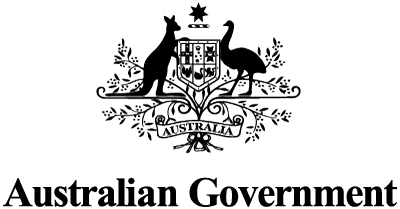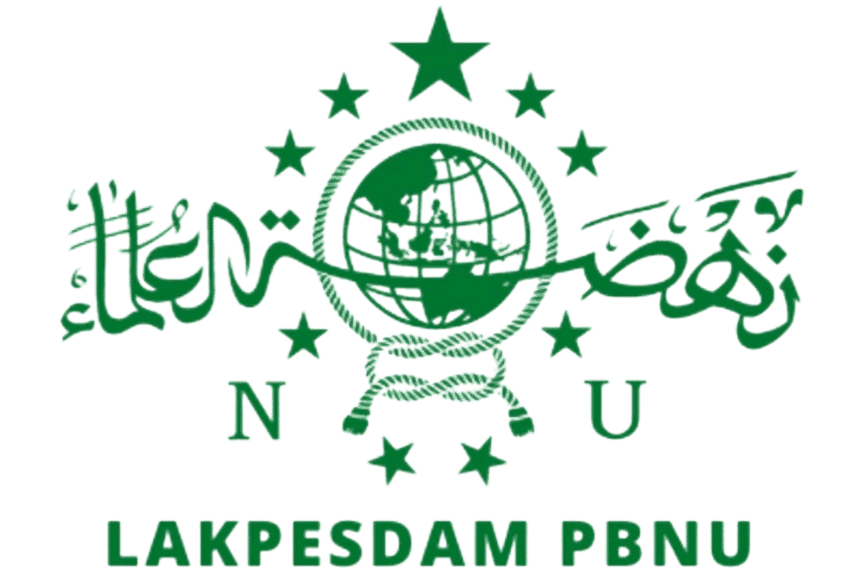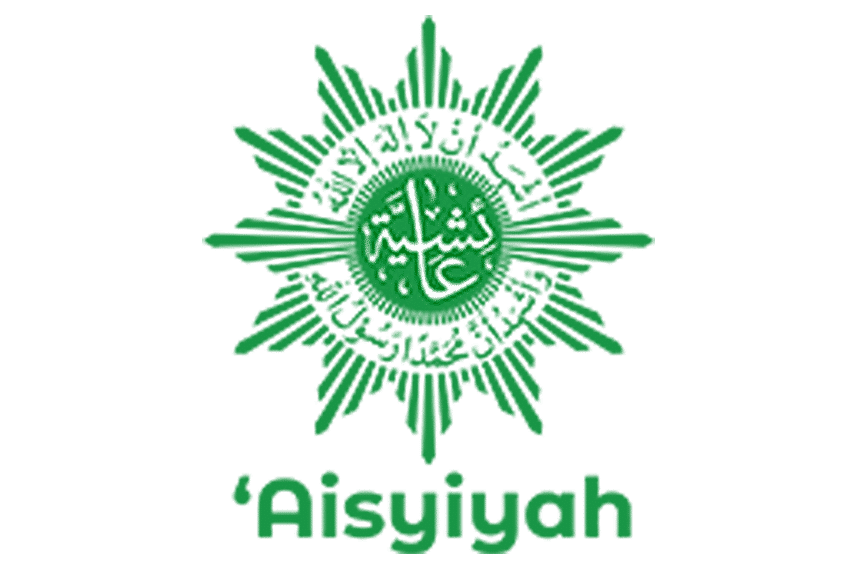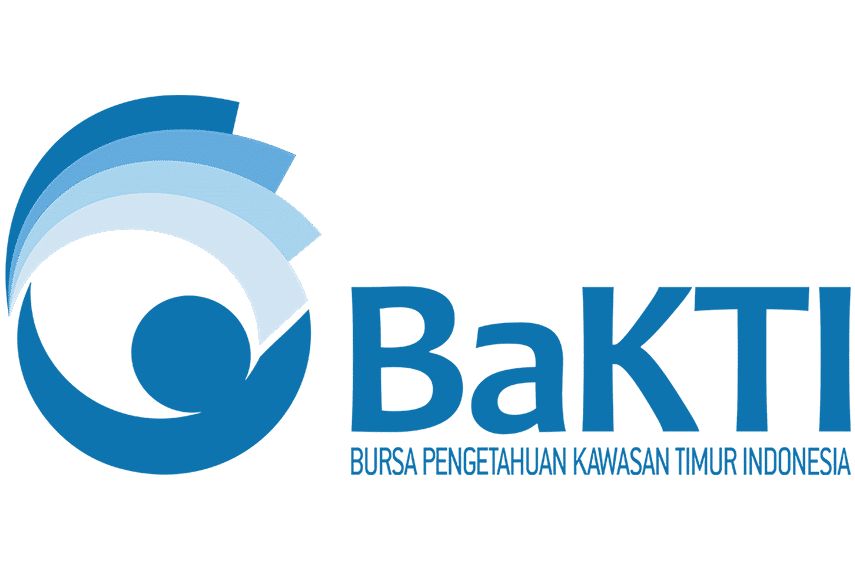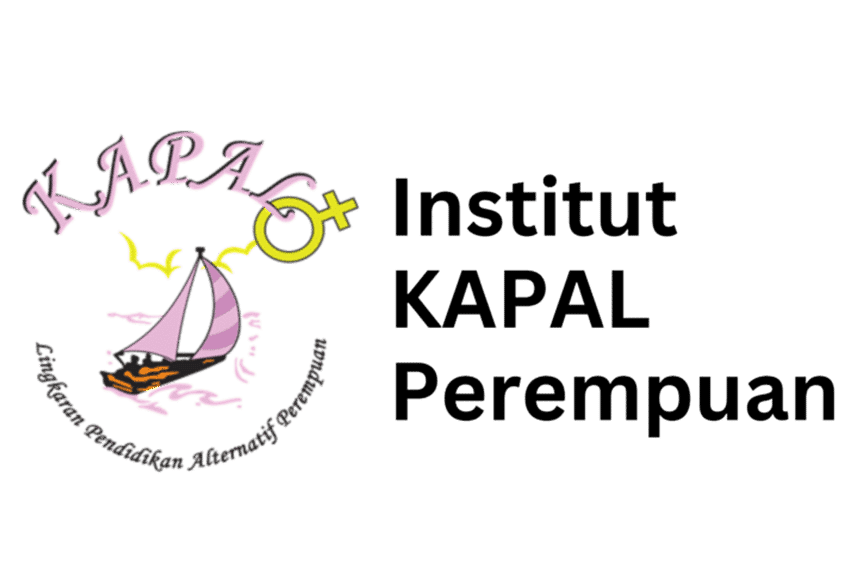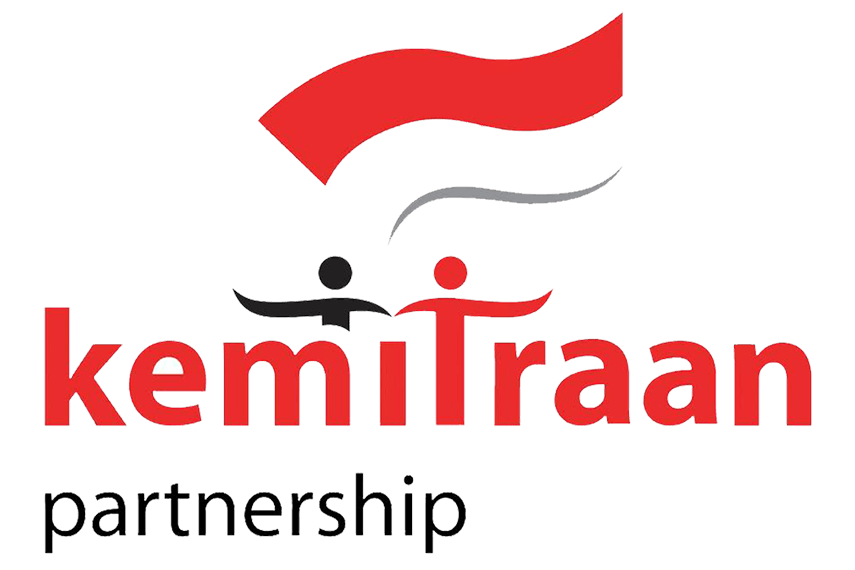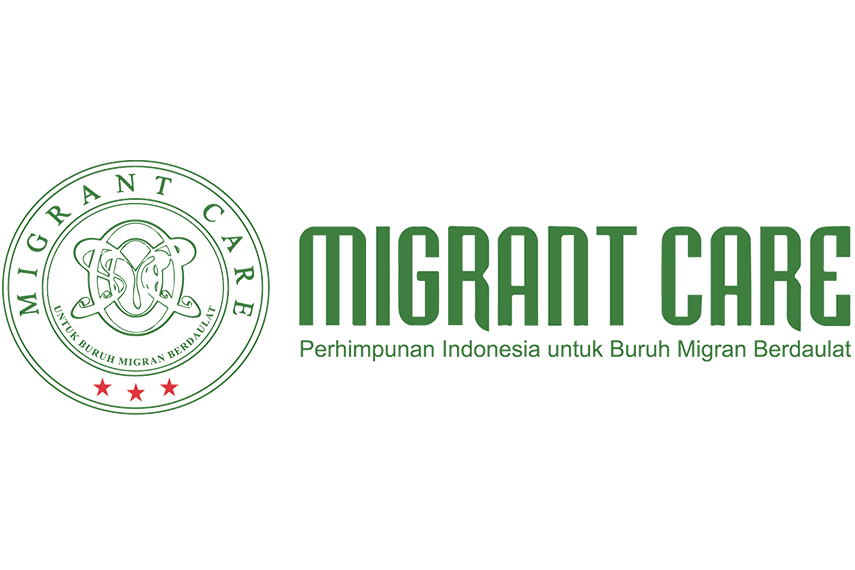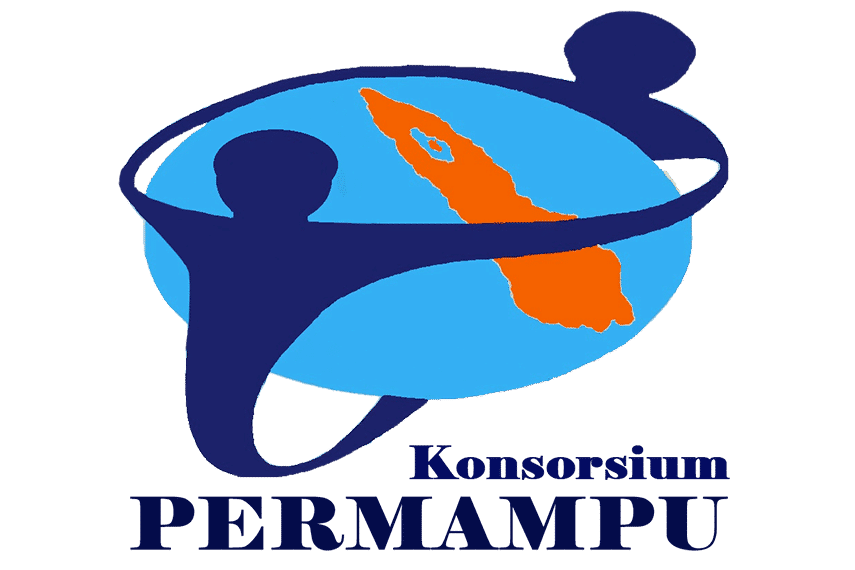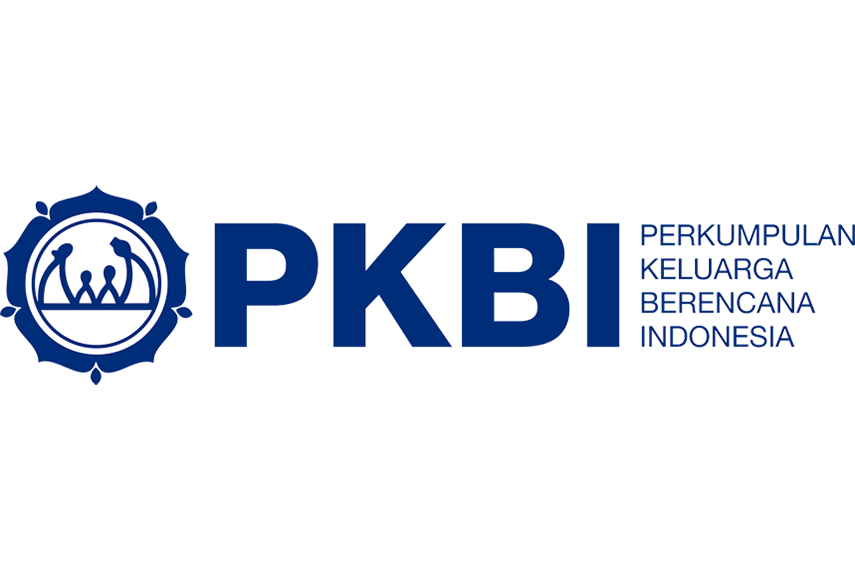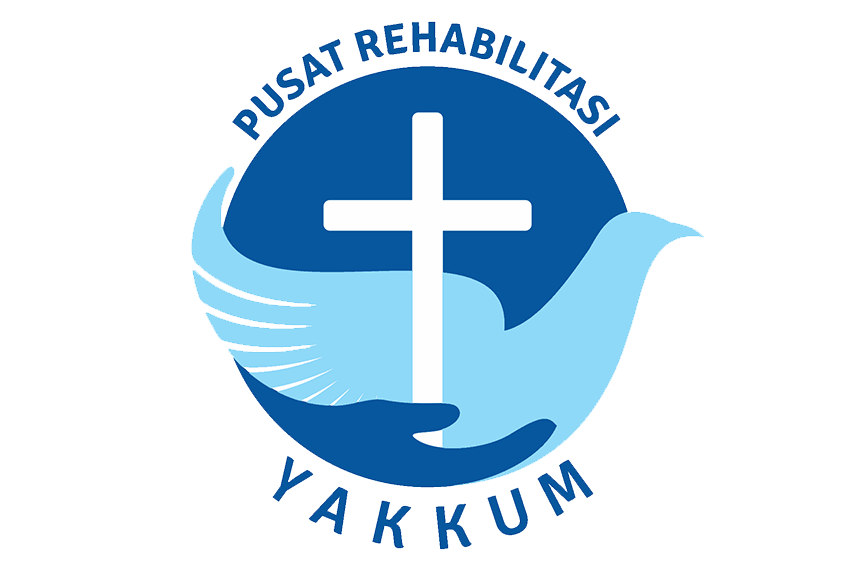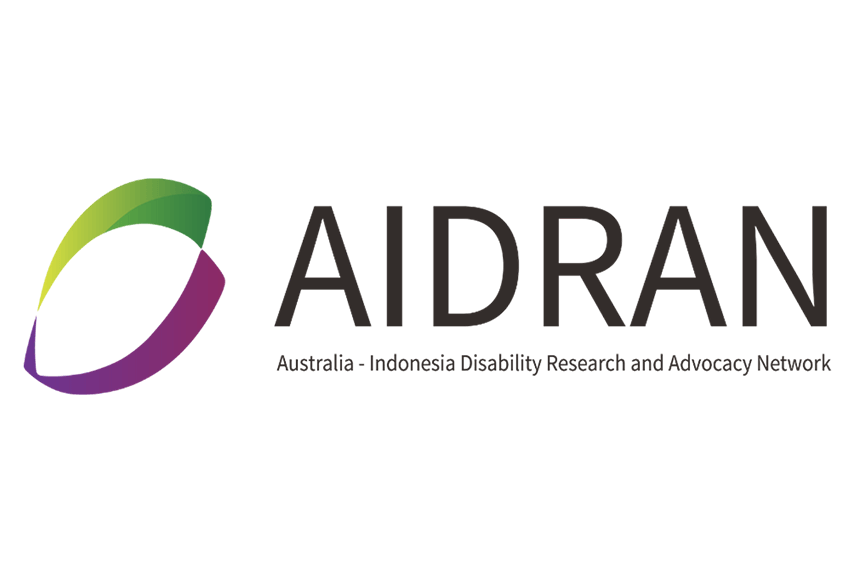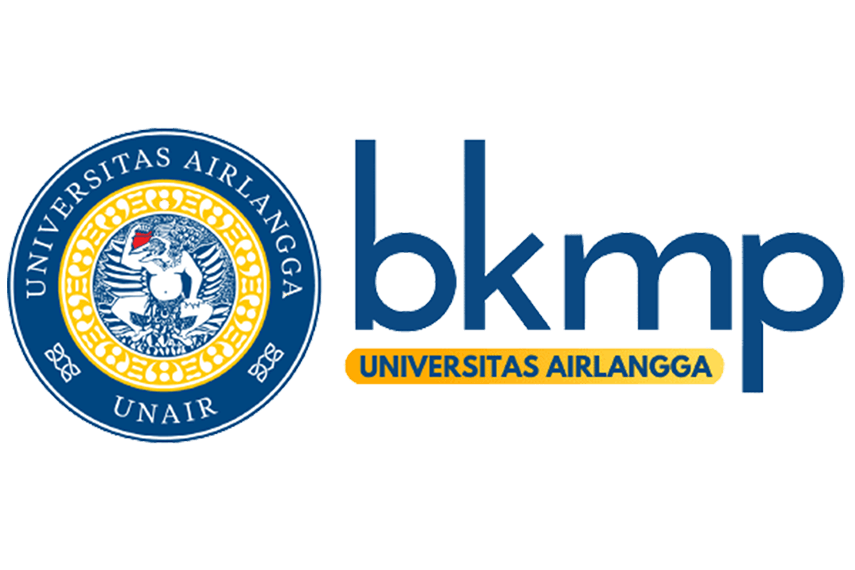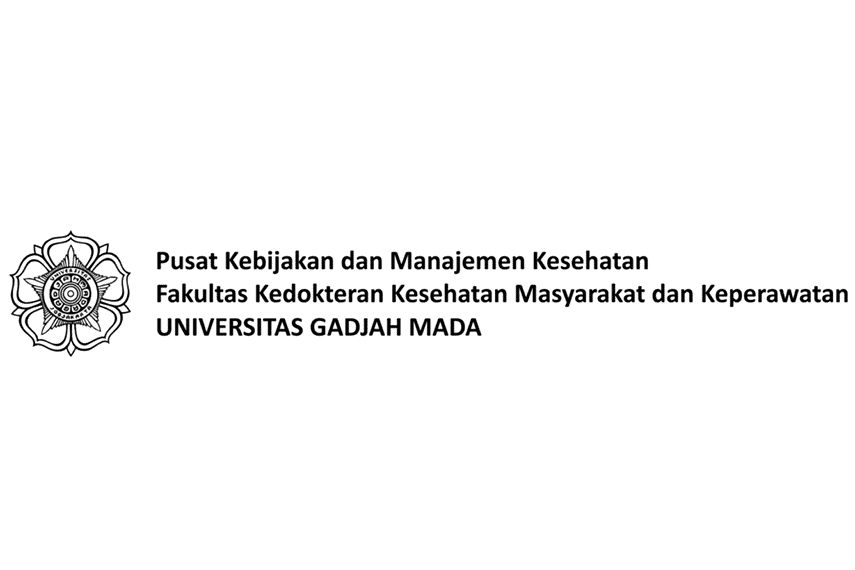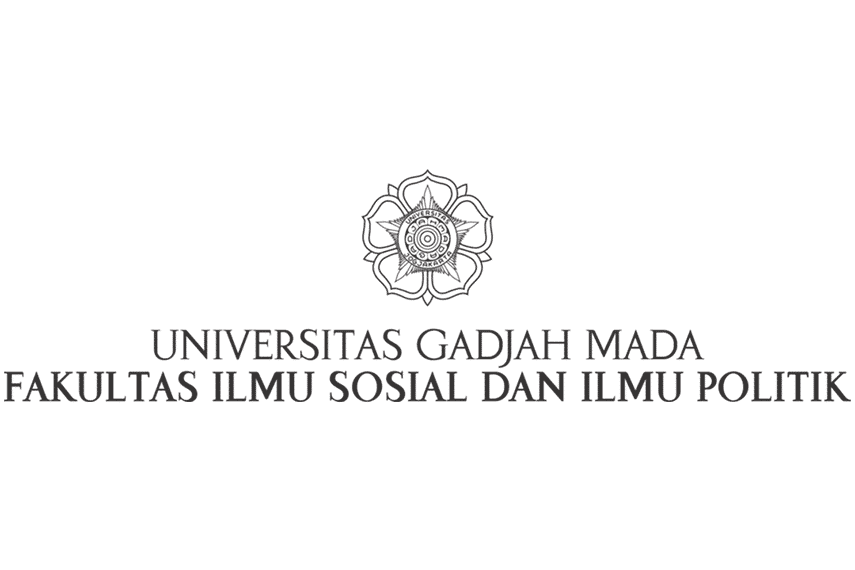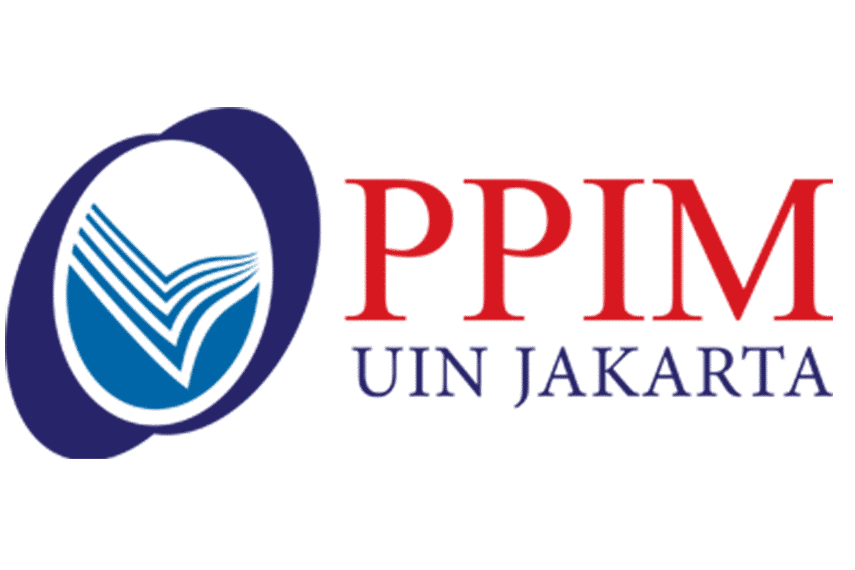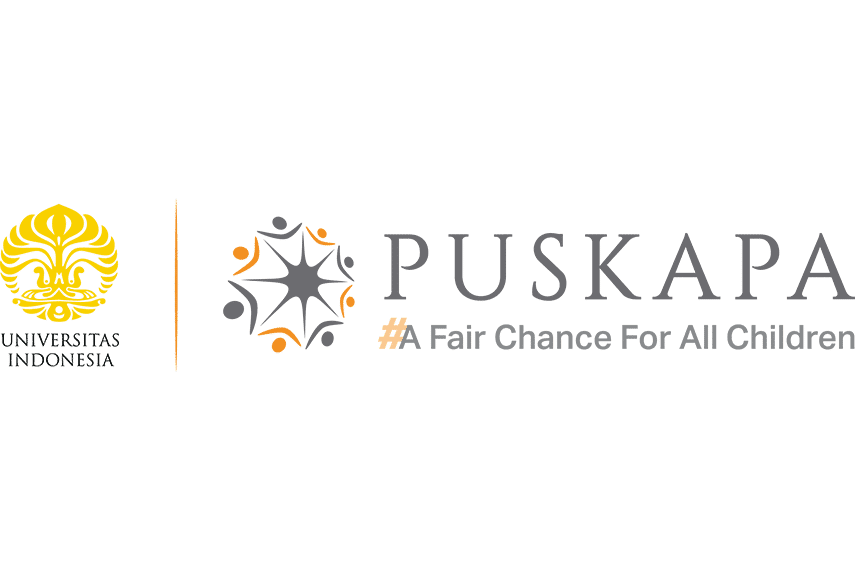Program’s Goal
To improve children and families’ access to inclusive child marriage prevention services.
Program’s Focus
To achieve the goal, Lakpesdam PBNU will focus on five key areas:
- Raising awareness among families, youth, religious leaders, customary leaders, CSOs, and village governments about the importance of child marriage prevention and available services.
- Ensuring that service providers deliver inclusive child marriage prevention and intervention services.
- Enabling youth in the community to access relevant services for child marriage prevention and handling.
- Encouraging village and district governments to implement policies on child marriage prevention and intervention.
- Establishing multistakeholder forums at the village and district/city levels to address child marriage prevention and handling.
Program Strategy
Lakpesdam PBNU’s program is guided by the framework of the 5 National Strategies for the Prevention of Child Marriage (STRANAS PPA), which includes:
- Optimisation of Child Capacity – Establishing children’s forums at the village and district/city levels, revitalizing and creating Adolescent Health Posts (Posyandu Remaja), and forming Peer Educators to raise awareness about child marriage prevention and early identification of cases.
- Supportive Environment for Prevention and Handling – Conducting socialisation on child marriage prevention through religious leaders, customary leaders, educational institutions, families, social media, and Islamic gatherings (majlis taklim).
- Accessibility and Service Expansion – Collaborating with Community Health Centers (Puskesmas) and Youth Health Posts (Posyandu Remaja) to provide SRHR services, revitalising Religious Affairs Offices (KUA) to offer inclusive services, and assisting child marriage victims at the village level.
- Strengthening Regulation and Institutional Arrangements – Ensuring the implementation of STRANAS PPA across regions by establishing STRADA PPA (Subnational Strategy for Women and Child Protection) at the district/city level.
- Strengthening Stakeholder Coordination – Establishing and coordinating multistakeholder forums at the village and district/city levels for the prevention and handling of child marriage.
Activities
Revitalisation of the Religious Office (KUA) and Civil Registry (Capil)
Lakpesdam PBNU promotes the revitalisation of the Religious Office (KUA) and Civil Registry (Capil) to ensure inclusive services, particularly for women, children, people with disabilities, and other vulnerable groups. By strengthening religious leaders, village facilitators, and community cadres, Lakpesdam aims to create supportive regulations and programs for women across ministries, and advocates for a dedicated budget for gender issues at the village level. Additionally, Lakpesdam has established collaboration forums between the Religious Office, Civil Registry, and village governments to enhance protection for women, children, and people with disabilities, focusing on domestic violence prevention, planned pregnancies, reproductive health, family economic management, child marriage prevention, and stunting.
Village Strengthening for Gender Equality and Social Inclusion
Lakpesdam PBNU works with the Ministry of Village and various village governments to promote social inclusion at the village level through field schools and direct support. The programme aims to improve village spending that supports women’s participation in development and strengthens village governments’ role in gender justice and equality. Lakpesdam PBNU collaborates with Fatayat NU, the Religious Office, and the Civil Registry to create Centres for Reproductive Health Services (PPKR) to prevent child marriage and violence against women.
Handling and Assistance to Cases of Violence
Lakpesdam PBNU addresses cases of violence against women and children, providing counselling services through Consultation Institutions for Women Empowerment and Child Protection (LKP3A). Additionally, Centres for Reproductive Health Services (PPKR) are being established in villages to educate on reproductive health, and prevent child marriage, domestic violence, and stunting.
Capacity Strengthening for CSOs and Village Governments
Lakpesdam enhances the capacity of local CSOs, particularly Fatayat, to actively contribute to gender equality and social inclusion. This includes developing sustainable strategic plans at the district and village levels. Lakpesdam encourages collaboration between CSOs, village governments, and Health Offices through the Gender Responsive Budgeting Planning Clinic (PPRG) program to achieve gender equality and social inclusion.
Implementation of the National Strategy on Prevention of Child Marriage (PCM) through the Development of the Subnational Strategy on PCM at the District/City Level
Lakpesdam and Fatayat PBNU support the implementation of the National Strategy for the Prevention of Child Marriage (STRANAS PCM) by forming alliances at the district level. They work to advocate for the development of the Subnational Strategy for the Prevention of Child Marriage (Strada PPA), involving a range of stakeholders, including CSOs, mass organisations, the private sector, and community leaders. These efforts aim to ensure that Strada PPA accelerates the prevention of child marriage and supports the implementation of the Law on Anti-Sexual Violence (UU TPKS) at the subnational level.
Expected outcomes
- Creation of an environment that supports the revitalisation of inclusive Religious Affairs Offices (KUA), particularly for women, children, and people with disabilities, ensuring alignment with the National Strategy for the Prevention of Child Marriage.
- Development of policies, programs, and a commitment to improving service units under the revitalisation schemes of KUA and Civil Registry, making them inclusive, particularly for women, children, people with disabilities, and other marginalized groups.
- Enhanced capacity of KUA staff, women’s groups, people with disabilities groups, and marginalised communities in advocacy and networking with local governments to mainstream the protection of women and children from child marriage and other forms of violence.
- Strengthened capacity of NU cadres in organising programs in the pilot areas of Keluarga Maslahah (Family Wellbeing), focusing on balancing the physical and spiritual needs of families.
Achievements
Throughout the INKLUSI Program implementation until July 2024, LAKPESDAM PBNY has achieved the following:
- >160 religious and customary leaders, madrasahs and pesantrens (Islamic schools & boarding schools), CSOs, families, and local governments have received training on the prevention of child marriage (PCM)
- 9 children forums have been established, which serve as the representative of children’s voices in child protection issues. The forums were involved in the decision- making processes regarding matters that influence the children’s future. They are also expected to become peer educators.
- 22 stakeholder forums have been established, consisting of 5 stakeholder forums at the district level and 17 multi-stakeholder forums at the village level, to support the prevention of child marriage policies that have involved the government, community organisations, and religious leaders at the local level.
Revision and Development of Education Modules
- Lakpesdam PBNU is involved in revising the School-age Adolescent Guidance (BRUS) module and Future Spouses Marriage Guidance (Binwin Catin) published by the Ministry of Religion. The revisions focus on adding inclusivity and cross-religious perspectives to make them more relevant to communities from different religious backgrounds.
- The substance of the module is enriched through Focus Group Discussions (FGDs) involving people from different religions that invited representatives from 5 religions and 1 indigenous faith. The revised module is then used as a Technical Coaching Guidance (BIMTEK) for the national-level facilitators.
Advocacy of the Prevention of Child Marriage
Encouraging the establishment of formal regulations, such as the Decree on Children Forum, and Village Regulation on Child Protection, to encourage PCM (Prevention of Child Marriage), particularly in Malang District, North Lombok District, and Sorong District.
Involvement of Religious and Cultural Leaders
Religious and cultural leaders have been involved in building religious understanding of the danger of child marriage, particularly in pesantrens in Malang and Indramayu Districts and also through the Sasak Customary Council (MAS) in North Lombok, which discussed local wisdom to support the prevention of child marriage.
Establishment of Adolescent Health Post (Posyandu Remaja)
Encouraging the establishment of Adolescent Health Posts in Malang and North Lombok Districts, which focus on adolescent health and education on the PCM.
Establishment of Children Forum and Multi-Stakeholder Engagement
- Children Forum serves as an advocate and representative of children’s voices in child protection issues and is also involved in decision-making that influences the children’s future, particularly in Malang, Sorong, and Lembata Districts.
- A multi-stakeholder forum to support the prevention of child marriage policies that involve the government, community organisations, and religious leaders at the local level, particularly in Indramayu and North Lombok Districts.
Involvement of Education Institutions
- Conducting various socialisations and education related to the prevention of child marriage in the schools and pesantrens, particularly in Lembata, Malang, and Indramayu Districts.
Involvement of Parents and Families
- Conducting various socialisation and education related to the prevention of child marriage to change the social perceptions and norms, which mainly target the parents and families, particularly in Sorong and North Lombok Districts.


